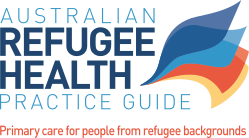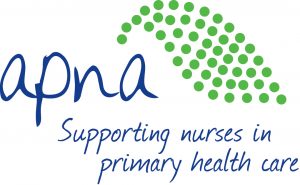Tips for making referrals
Table of contents
Key points
- Further investigations and specialist referrals may present significant additional challenges for people from refugee backgrounds, including people seeking asylum, who may require additional practical support.
- Consider seeking the specialist’s advice about whether a referral is appropriate prior to making the referral.
- Include information about the need for an interpreter and preferred language in referral to specialists and other health providers.
- Refer to a public hospital or allied healthcare provider, request that specialists bulk bill.
- Consider making the first appointment for the patient.
- In rural and regional areas consider the potential for use of telemedicine to access specialist consultation and interpreting services.
- Not all people seeking asylum have access to Medicare. For additional considerations when working with people seeking asylum, see Asylum Seekers.
Overview
- Many patients from refugee backgrounds, including people seeking asylum, require extensive follow-up medical care due to their lack of prior access to quality health care.
- Undertaking tests and attending specialist appointments can be time consuming and involve a great deal of organisational effort on behalf of the patient, particularly given their lack of familiarity with the health and public transport systems.
Approach to care
- With the patient’s permission, brief other healthcare professionals involved in their care about their special needs – particularly their need for an interpreter, their preferred language and gender preferences for interpreters.
- If a patient needs to attend a number of follow-up specialist appointments or an appointment at a major public hospital, provide as much information as possible. This may include those:
- with complex health needs requiring multiple follow-up appointments
- experiencing practical barriers to accessing care (e.g. transport, childcare)
- whose trauma symptoms interfere with their capacity to arrange and attend appointments
- who have little familiarity with Australian healthcare systems, including those coming from rural communities in developing countries
- who require a clear explanation about the referral process and information about the time and location of appointments (even very basic information such as the fact that public hospital outpatient services are free to the client, can be helpful and relieve anxiety)
- who provide consent to contact the specialist or hospital to make the appointment and brief them, by phone or in the accompanying referral letter, about the client’s history, circumstances and special needs.
Considerations
- Long wait periods prior to, or following, treatment or surgery can be a source of stress to a traumatised client, and arrangements should be made to avoid these wherever possible.
- The role of specialists and other health practitioners should be explained to the client, as many patients from refugee backgrounds are unfamiliar with the Australian healthcare system and the role of various health professionals.
Resources
For referral information for specific services in your state or territory see State and territory referrals.




